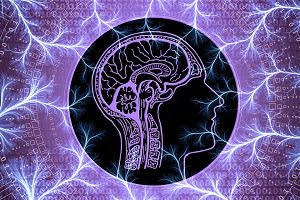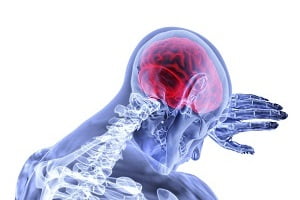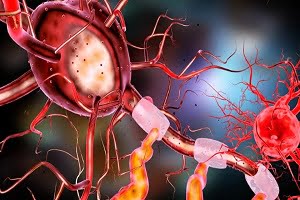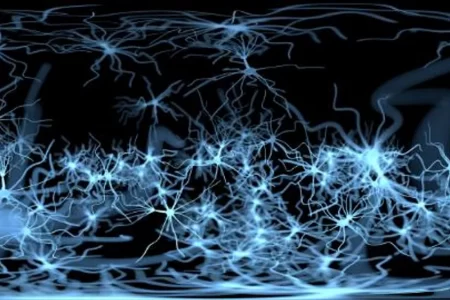Stages of Peripheral Neuropathy
- Updated on: Jul 6, 2024
- 3 min Read
- Published on Dec 26, 2019

Like other diseases, peripheral neuropathy also becomes worse with time. There are various stages of peripheral neuropathy, depending upon the severity and complication of the disease. It’s not easy to recognize the disease stage; therefore, the treatment given in the beginning deals with pain control and management. If the treatment is provided in the early stages, it becomes easy to reduce or reverse the damages caused in the nerves due to the disease. There are five stages of peripheral neuropathy, which are mentioned below:
Stage One: Pain and Numbness
Pain and numbness is the foremost symptom of peripheral neuropathy, however the pain and numbness don’t occur all the time. It occurs in on and off manner, and is often subtle. It may cause a little discomfort in the feet every few weeks. Some people often experience such symptoms after several months of the occurrence of the disease. Sensation in the feet also gets reduced, and it often becomes difficult to maintain balance and reflexes. Some patients often ignore these symptoms, as these are so minor that they don’t think that there is something wrong.
Stage Two: Other Regular Symptoms
At this stage, pain and numbness become more prominent and regular. The pain becomes unbearable and it becomes crucial to consult the specialist. At this stage, if treatment is appropriately provided beyond the underlying condition of neuropathy, it gets cured.
Stage Three: Extreme Pain
In this stage, pain becomes very intense and is experienced almost every day. Nerve damage starts to occur and pain management with pain killers becomes a little impossible. It becomes difficult to do activities like walking barefoot. Due to the nerve damage, it becomes difficult to feel the injuries in the lower leg and feet. By this stage, some of the damages can be reversed, but some damages become permanent. Patients often go with surgical interventions like nerve decompression surgery.
Stage Four: Constant Numbness
Patients face constant numbness in their lower feet at this stage as all the nerves become unhealthy; therefore, it becomes challenging to take signals to the brain. The pain starts to decline by this time, but this is not a good sign as the sensation is lost due to nerve damage. The relief seems nice, but it also indicates the disintegration of the nerves. Nerve fiber starts to damage permanently, and it becomes challenging to walk. At this stage, nerve damage becomes permanent; there is still scope for improvement. But overall, numbness stays forever. It is essential to seek treatment for the condition causing neuropathy; for example, if it’s because of diabetes, then other complications like vision loss, kidney damage may also occur.
Stage Five: Total Loss of Sensation
The symptoms become extremely worse at this stage. It becomes difficult to walk, and patients feel unsteady most of the time. Patients often have to use a wheelchair; even a small cut can cause amputation due to infection. The nerves are permanently damaged by this time; there is no way to reverse the condition. The only way is to regenerate some of the nerve fibers.
FAQs
What Are the Causes of Peripheral Neuropathy?
There are many causes of peripheral neuropathy. Some of them are diabetes, chronic alcoholism, kidney failure, poor nutrition, etc.
Why Do Neuropathy Symptoms Worsen During The Night?
At night, the body's temperature drops a little; a change in temperature causes pain and tingling in nerves.
What Is the Difference Between Polyneuropathy and Mononeuropathy?
In polyneuropathy, many nerves or a group of nerves get damaged at a time, whereas mononeuropathy results from damage of nerves due to local compression, injury, trauma, inflammation, or prolonged pressure.












